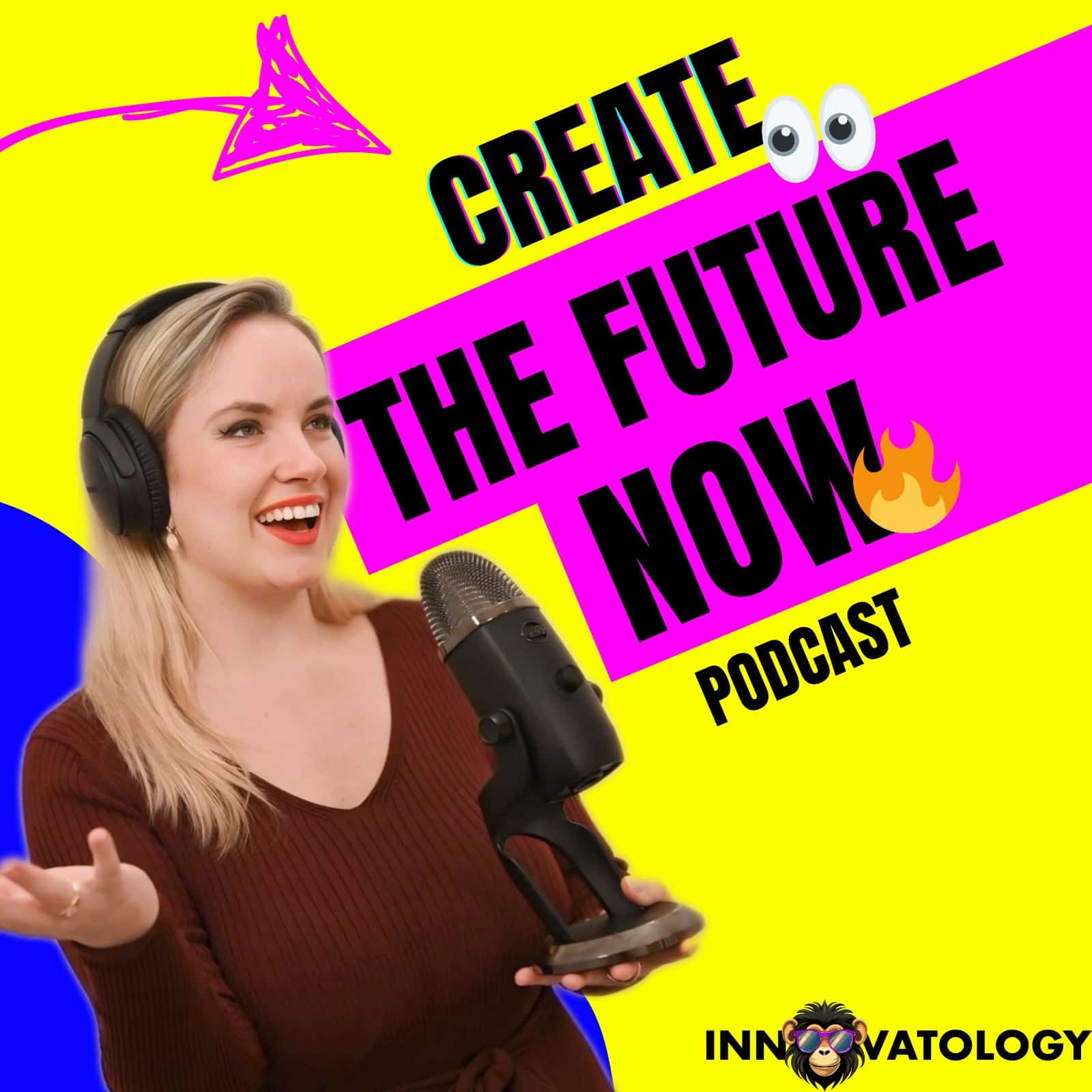Transcript:
00:00:00
All right, so hello and welcome to Create the Future Now, the podcast where we explore the latest innovations in tech, AI, health, and entrepreneurship, and how they are shaping the world of tomorrow. I’m your host, Marie Zamecnikova, CEO and founder of Innovatology, a company dedicated to helping individuals and businesses navigate the ever-changing digital landscape. Today, we’ve got a fantastic guest with us to discuss suicidal startups, burnout, and all things in between, which is definitely a really interesting topic, and I’m really excited to hear more from Elizabeth Murphy. So hello, Elizabeth. Hi, how are you? Thanks for having me. Thank you so much for accepting our invitation for the podcast. So, can you please tell our audience more who you are and what you’re doing? Yeah, well, again, thanks for having me.
00:00:59
I appreciate all the hard work you’re doing in bringing light to this subject. I’ll give you the 38 years in a nutshell, as I like to say. Originally from New Jersey and always was a natural-born leader. You know, it’s like, are you born with it or did you learn it? I was born with it. Always, you know, the gravitational person in my group, team captain, those types of things, and I thought teaching was the vehicle for me in life. I thought. This is the best way I can help people, and I moved to New York City 20 years ago and got my master’s and undergrad in education and psych, and I thought that I’m going to be the best teacher in the world, and after a couple of years in the public school system, I realized I’m not actually helping people.






